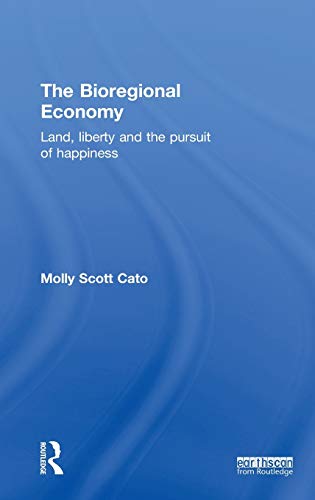

Most ebook files are in PDF format, so you can easily read them using various software such as Foxit Reader or directly on the Google Chrome browser.
Some ebook files are released by publishers in other formats such as .awz, .mobi, .epub, .fb2, etc. You may need to install specific software to read these formats on mobile/PC, such as Calibre.
Please read the tutorial at this link: https://ebookbell.com/faq
We offer FREE conversion to the popular formats you request; however, this may take some time. Therefore, right after payment, please email us, and we will try to provide the service as quickly as possible.
For some exceptional file formats or broken links (if any), please refrain from opening any disputes. Instead, email us first, and we will try to assist within a maximum of 6 hours.
EbookBell Team

4.3
8 reviewsIn a world of climate change and declining oil supplies, what is the plan for the provisioning of resources? Green economists suggest a need to replace the globalised economy, and its extended supply chains, with a more ‘local’ economy. But what does this mean in more concrete terms? How large is a local economy, how self-reliant can it be, and what resources will still need to be imported? The concept of the ‘bioregion’ ― developed and popularised within the disciplines of earth sciences, biosciences and planning ― may facilitate the reconceptualisation of the global economy as a system of largely self-sufficient local economies.
A bioregional approach to economics assumes a different system of values to that which dominates neoclassical economics. The global economy is driven by growth, and the consumption ethic that matches this is one of expansion in range and quantity. Goods are defined as scarce, and access to them is a process based on competition. The bioregional approach challenges every aspect of that value system. It seeks a new ethic of consumption that prioritises locality, accountability and conviviality in the place of expansion and profit; it proposes a shift in the focus of the economy away from profits and towards provisioning; and it assumes a radical reorientation of work from employment towards livelihood.
This book by leading green economist Molly Scott Cato sets out a visionary and yet rigorous account of what a bioregional approach to the economy would mean ― and how to get there from here.